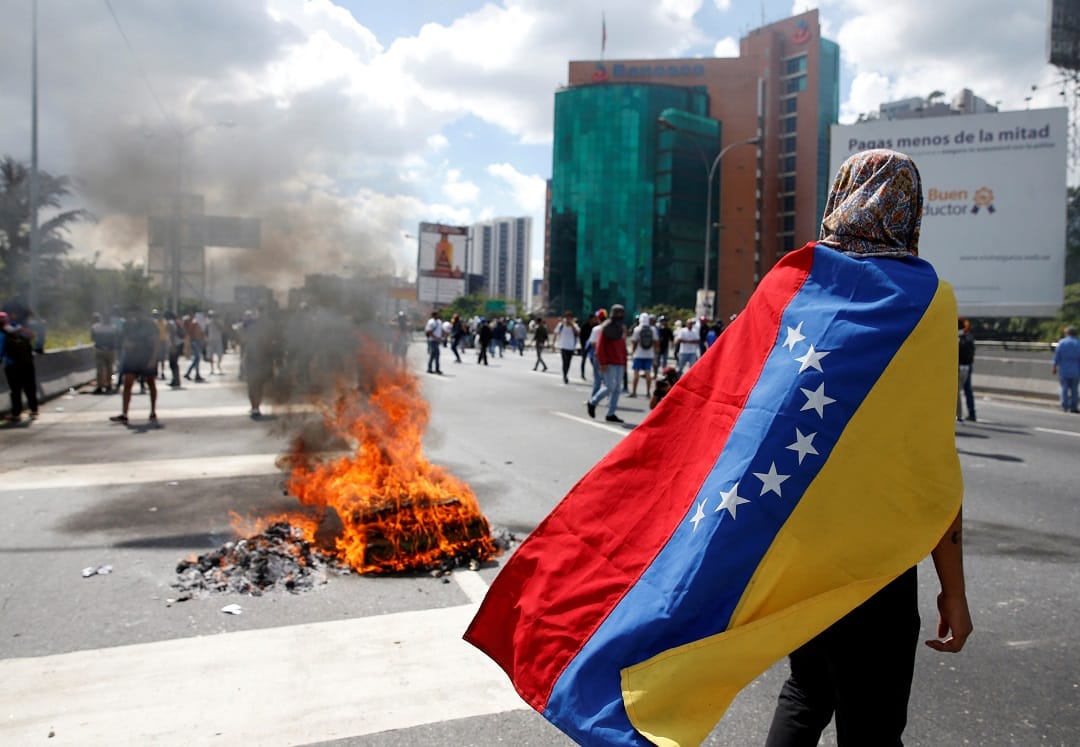Some have argued that the upcoming referendum this Sunday in Venezuela is not all that significant, pointing out that if Chavez loses he will simply try again until he succeeds or that Venezuela’s economic situation is so dire that even if he wins, the next few years will overshadow this particular referendum. While I believe both these arguments to be correct, I do think Sunday’s referendum is important for one reason. Since Chavez came to power ten years ago, he has used a slew of elections and referendums in order to garner legitimacy, domestically and internationally, for the Bolivarian Revolution. Having lots the referendum in 2007 and “tied” the regional elections in 2008, losing in 2009 would further hurt his credibility. In the same way that it has proved harder for Chavez to call the United States an “evil empire” with Obama at the helm, it would be harder for him to call himself the representative of the people after three years of not winning and being denied for the same cause twice.
Since Chavez came to power ten years ago, Venezuelans have voted seven times: twice for president, twice for congress, and three times for referendums. For all of these, although for some more than others, Chavez and his supporters have used intimidation tactics and the government has abused the state’s power to rally for the government’s candidate or cause in the lead-up to the voting. However, as far as we know, the government has never interfered with free elections on the actual day of voting. This makes sense, as Chavez would lose his legitimacy if he were ever caught playing with the numbers, and after all, it is for legitimacy’s sake that he organizes these voting rituals. His tactic makes it challenging for observers and journalists to explain or even see the abuses that surround the elections, but it also means that, even though abuses are being committed, there’s always a chance the opposition may win.
But Chavez is not used to losing, and that is in part the reason why we have this referendum coming up. Chavez won the first six voting opportunities under his presidency and was taken by surprise in 2007 when he lost a constitutional referendum which would have allowed him to run for office indefinitely. Chavez lost by less than 2 percent, according to the official results. Last year’s regional elections were also dispiriting for the Bolivarian revolution. Even though Chavez’s party, the PSUV, won most of the states, Chavez’s closest candidates lost, his party lost the country’s major cities including Caracas, and the opposition won the most populous states, meaning that now almost half of Venezuelans are governed by an opposition regional government. Following that loss Chavez only waited a few weeks before calling for a new referendum to amend the constitution to allow him to run for president indefinitely. That’s the referendum coming up this Sunday–it is asking permission to do the same thing that the 2007 referendum asked, and Chavez expects it to make up for losing many local government posts in 2008. Chavez is counting on the referendum to help him re-establish his international and domestic legitimacy. This matters.
And the results will once again depend on turnout. The latest Datanalisis poll shows that 52% of Venezuelans support amending the constitution while 48% do not. Of those that say they support the amendment, 94% say they will vote on Sunday, while of those that say they do not support it, 86% say they will vote. Of the undecided voters, 78% plan to vote. This means that if the opposition were to sway the undecideds and get their base to vote, and if the supporters of the amendment fail to turn out in as high a number as they plan to, then the opposition may win. This is all possible. The Chavez camp has been telling public employees that they may be fired if they don’t vote and telling the population in general that they will receive less public spending if the “no” camp wins. Due to intimidation, the amendment’s supporters may be exaggerating their desire to vote when speaking with pollsters. Meanwhile the opposition has really gotten their act together in the past few weeks with many new ads, significant marches in the cities, and a somewhat unified message. The latest polls may not have captured this phenomenon. Lastly, political violence has skyrocketed in the past few weeks, and the effect of this is still unknown. The battle is definitely not over.
If Chavez wins on Sunday, the opposition will have no choice but to keep its head up high and look toward the future: the 2010 congressional elections. If Chavez loses he will surely try to change the constitution again and the opposition will need to keep its act together to face him then, which should be easier seeing the economic storm that’s about to break on Chavez. However, this being the 3rd time in a row in which Chavez doesn’t clearly win democratic support, despite the abuses committed for his cause, losing would make it hard for Chavez to continue to act as if he represents all Venezuelans’ interests.

Reply